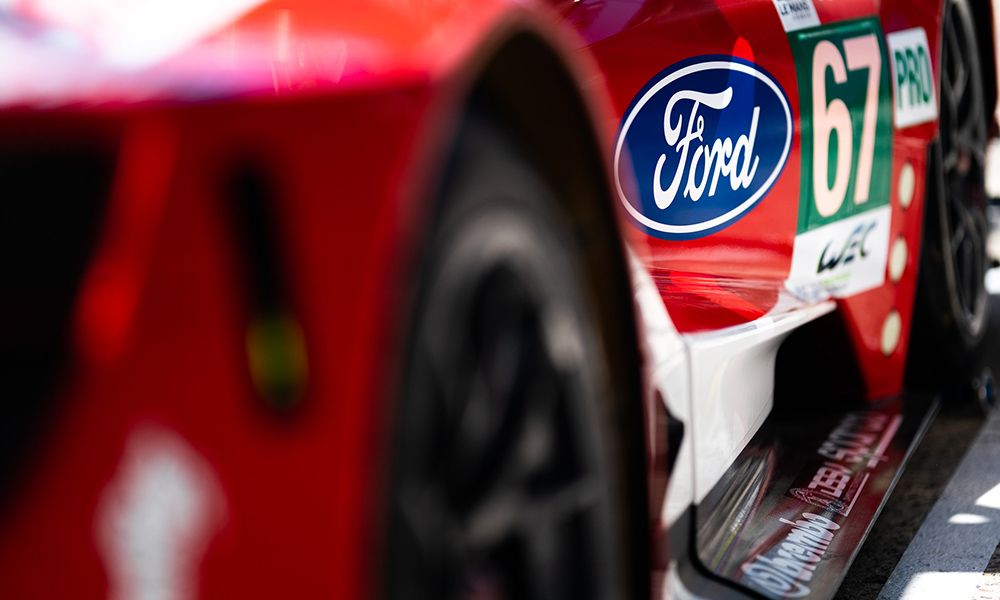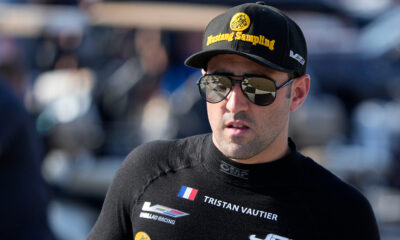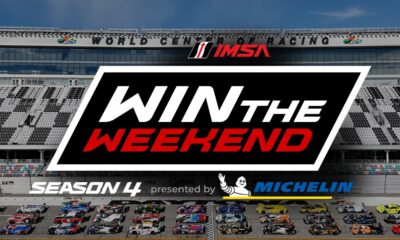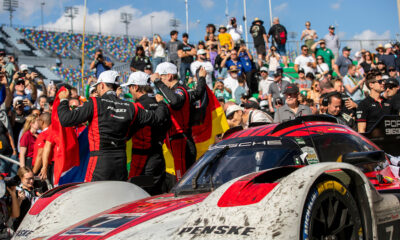
Photo: Nick Dungan/Ford
The shape of the FIA and ACO’s Hypercar regulations will have an impact on Ford’s future direction in sports car racing, according to Ford Performance global motorsports director Mark Rushbrook.
The American manufacturer has yet to decide on a possible prototype program following the conclusion of its factory Ford GT effort this year, which has left its current partners, including Chip Ganassi Racing, in a waiting game for 2020 and beyond.
Ford is understood to be in both Hypercar and DPi 2.0 discussions, although like with many manufacturers, are still holding out hope on the potential of a common or global platform for 2022 or compatible sets of regulations.
When asked about the recent Hypercar meetings, Rushbrook said there are a lot of “forces at play” in deciding its outcome.
“I don’t know if I can gauge my confidence,” he said. “There’s a lot of interest in that topic, and a lot of forces at play.
“We’re very interested in what happens on that topic, and it certainly has an impact on what we will do in the future.”
The FIA and ACO have remained silent on the subject since the May 16 meeting, which is understood to have made progress in the way of maintaining a prototype-based hypercar design but with a reduced power output and smaller hybrid system.
Toyota Gazoo Racing team director Rob Leupen, meanwhile, admitted last weekend that the regulations are “still not fully finished” amid the approaching June 14 announcement date in Le Mans and by the FIA World Motor Sport Council.
Rushbrook said its position on IMSA’s next-generation DPi model remains firm on the use of a high-voltage hybrid system and not the sanctioning body’s proposed ‘mild hybrid’ as outlined during last month’s steering group meeting at Mid-Ohio.
“We are very interested in [DPi 2.0], not necessarily with the mild part in front of it,” he said.
“We’re of the position, I think it’s been stated, that we’re looking for relevant technology. For us, that’s a higher voltage or higher power system, which has the potential for DPi 2.0 to implement.”
Rushbrook, who said there are other manufacturers also on board with increased electrification, said a high-voltage system could also stretch to other series such as NASCAR, which is considering implementing hybrids into its next-generation car by as early as 2021.
“There’s definitely a potential for high-voltage, high-power [hybrids] across multiple series,” he said.
It’s understood Ford’s commitment to running a DPi under the current set of regulations for 2020 is dependent on a high-voltage system being utilized for DPi 2.0, which has played a part in the holdup on its decision-making process.
“I think as soon as what happens in WEC prototype, and what’s happening in IMSA with DPi 2.0, then we can make our decisions,” Rushbrook said.
Daniel Lloyd contributed to this report
























